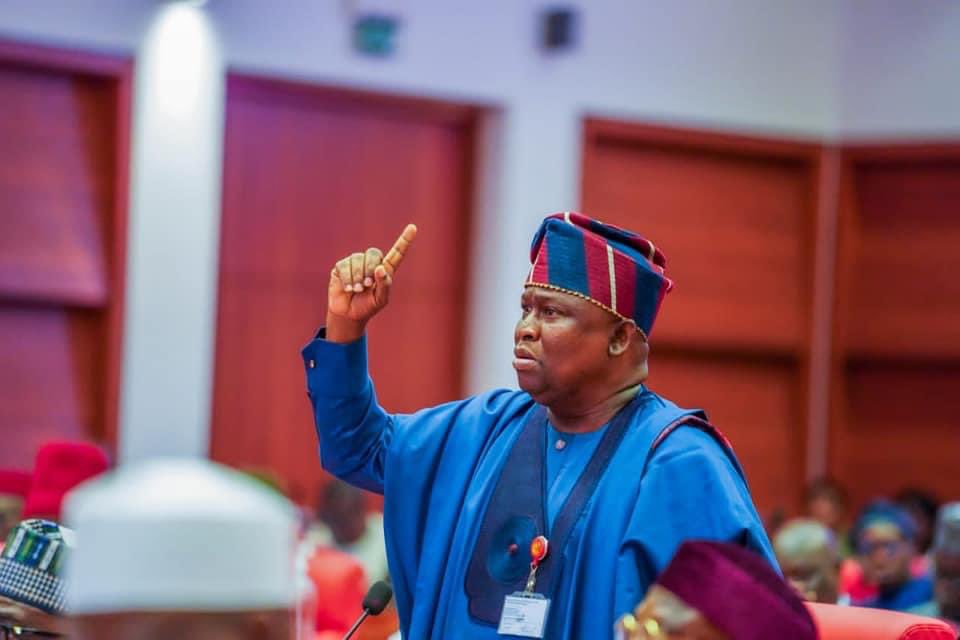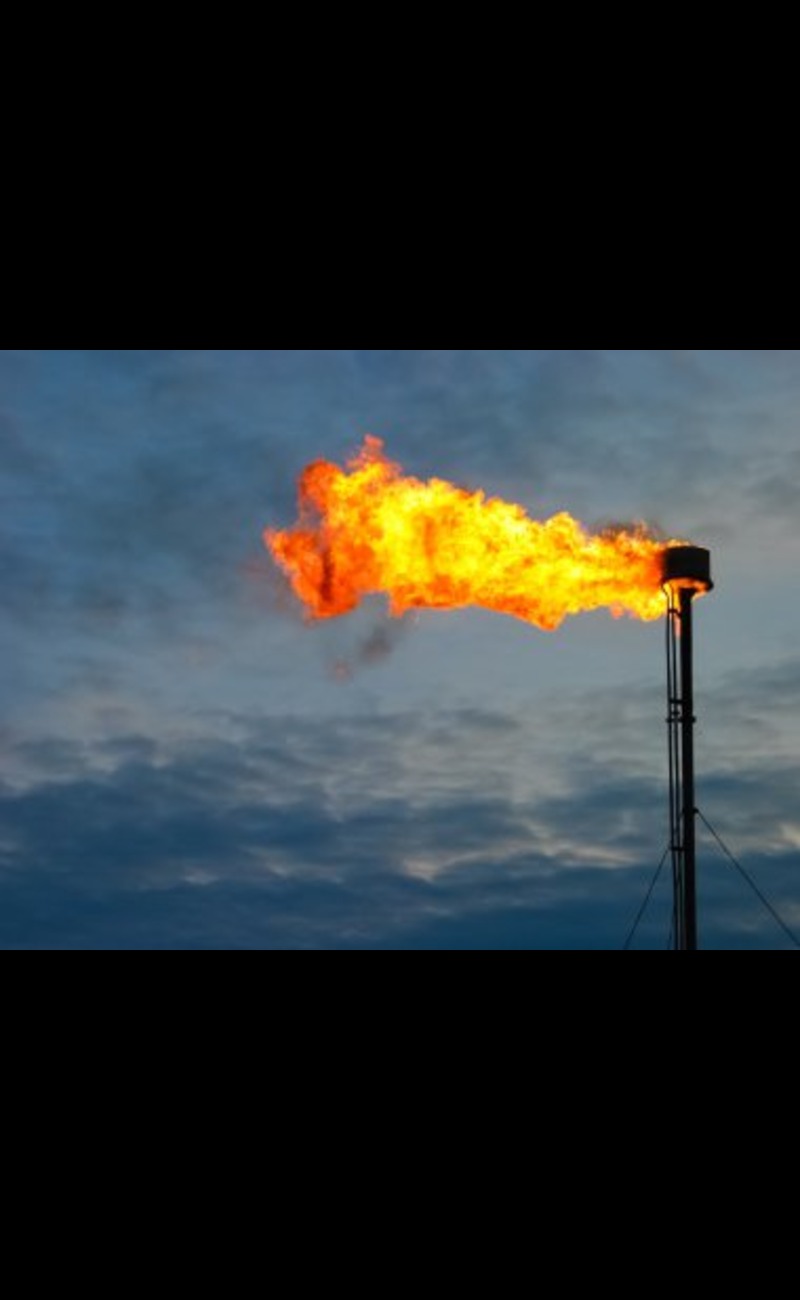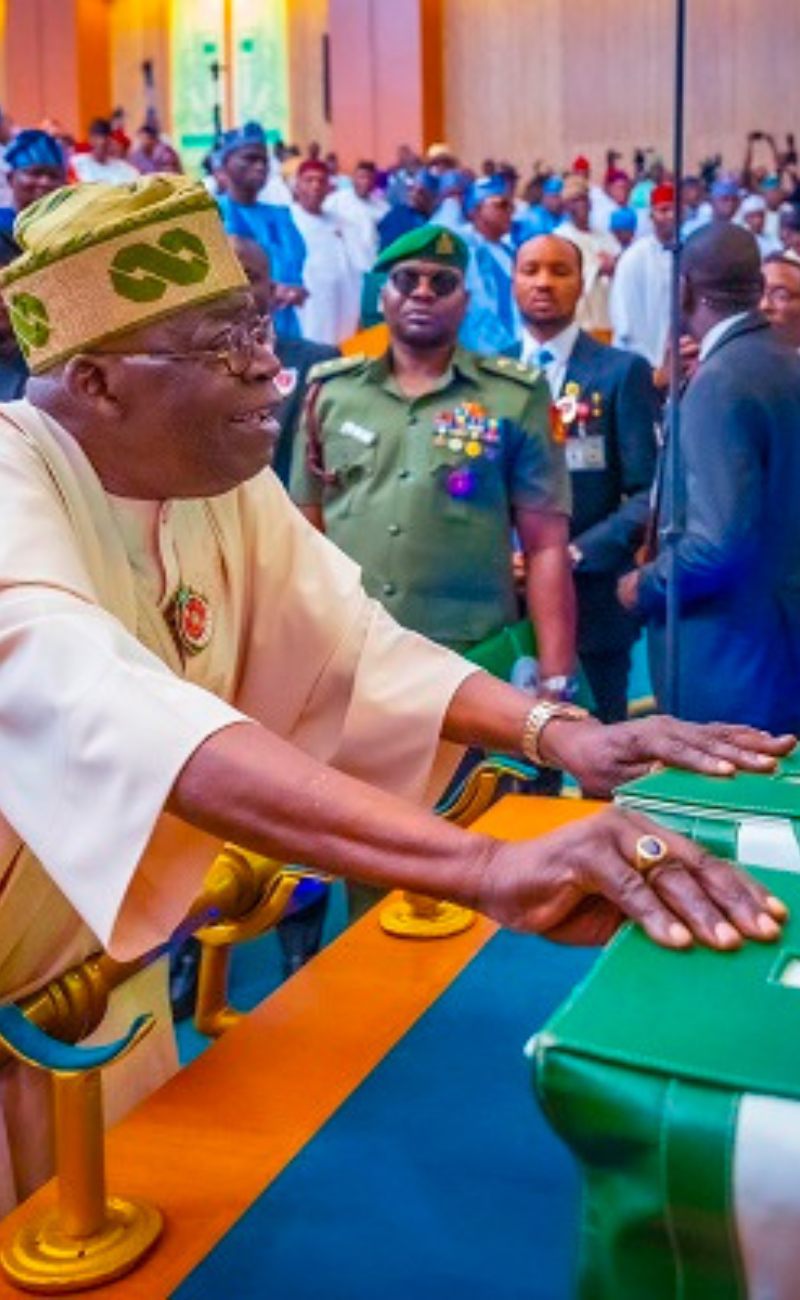The motion sponsor revealed that the restriction currently allows only five licensed independent petroleum marketers to dispense petroleum products to over 500,000 residents in over 150 dispersed (border) towns and villages.

The Senate has tasked the Comptroller-General of the Nigeria Customs Service (NCS) and the National Security Adviser (NSA) to lift the restriction on the supply of petroleum products to border communities.
This is as it calls for intensified preventive and enforcement measures against all forms of smuggling in the country.
The lawmakers believe that the removal of petrol subsidy by the government has significantly reduced smuggling, hence petrol should be allowed to circulate freely without restrictions.
This decision follows consideration of a motion sponsored by Senator Solomon Olamilekan Adeola (APC, Ogun West) seeking to address the hardships faced by the affected border communities due to the restriction order.
READ ALSO: Reps to engage experts in investigation of revenue loss at Customs
In his lead debate, Senator Adeola recalled that the federal government had on November 6, 2019, through the Comptroller-General of Customs directed that “no petroleum products are permitted to be discharged in any filling station within a radius of 20 kilometers to the border” of Nigeria.
He noted that the directive was to checkmate the smuggling of Nigerian petroleum products, primarily Premium Motor Spirit (PMS), to the neighbouring countries where there was a thriving market for petrol because of subsidy that was still on the product until May 29, 2023, when President Bola Tinubu announced its removal in his inaugural speech.
“This policy had brought untold hardship and significant losses to businesses of the residents and indigenes of the affected border communities, which later made the Nigerian Customs relax the policy slightly by giving license to two or three petrol stations in each of the local government areas that border these neighboring countries.
But that remedy was just a drop of water in an ocean scarcity of petrol considering the mass population of the people affected in these border towns and communities,” he stressed.
READ ALSO: 2023 Budget: “Use N14.2bn to construct Customs Academy – Senate to FG
The lawmaker further noted that the suspension order has really affected the people living in border communities across Yewaland in Ogun State, particularly in Idi-roko axis, where he disclosed that only five licensed independent petroleum marketers are allowed to dispense the commodity to over 500,000 residents with over 150 dispersed towns and villages.
Senator Adeola argued that “since there is no longer subsidy on our petroleum products as proclaimed by the President, there is no longer justification for the restriction order because the price of petrol across the international border has also gone up in line with the new price regime across Nigeria.”
Senators who contributed to the motion lamented the “untold hardships” being faced by the people living in border communities over restrictions on fuel as well as fertilizer, especially in the Northern part of the country.
In adopting the motion, the Senate also mandated its Committees on Customs and Excise, and National Security and Intelligence to ensure compliance and report back in four weeks for further legislative action.



